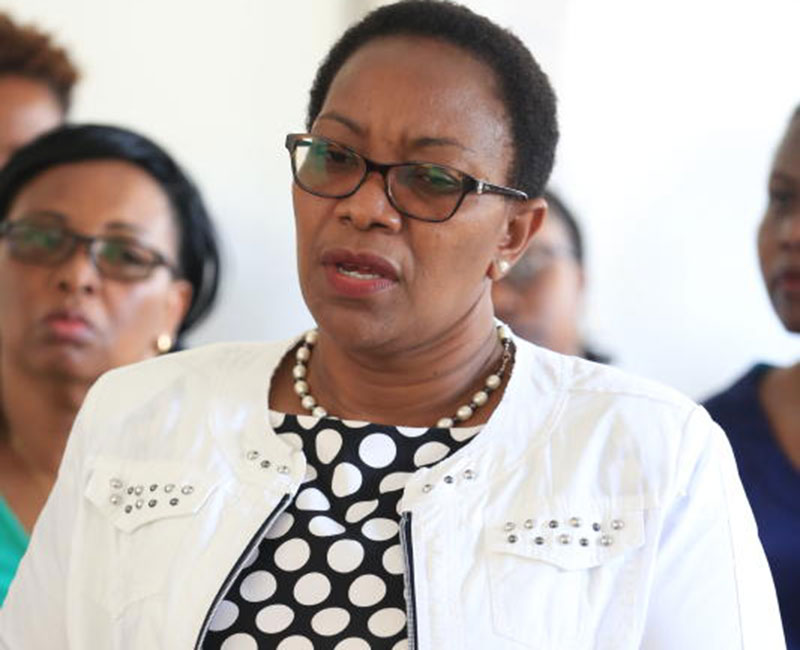
Essential medicines save lives and improve health when they are of assured quality, available, affordable and promptly used. Quality is a key word here.
The threat of accessing substandard and falsified medical products can lead to devastating consequences on families, health systems and the economy. When medicines do not work the way they should, they can prolong illness and in the worst case scenario people die. It is now a threat to global security and threatens to undermine progress towards achieving the Sustainable Development Goals (SDGs).